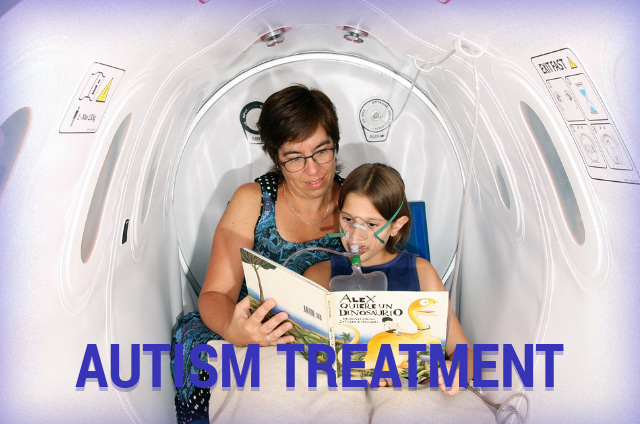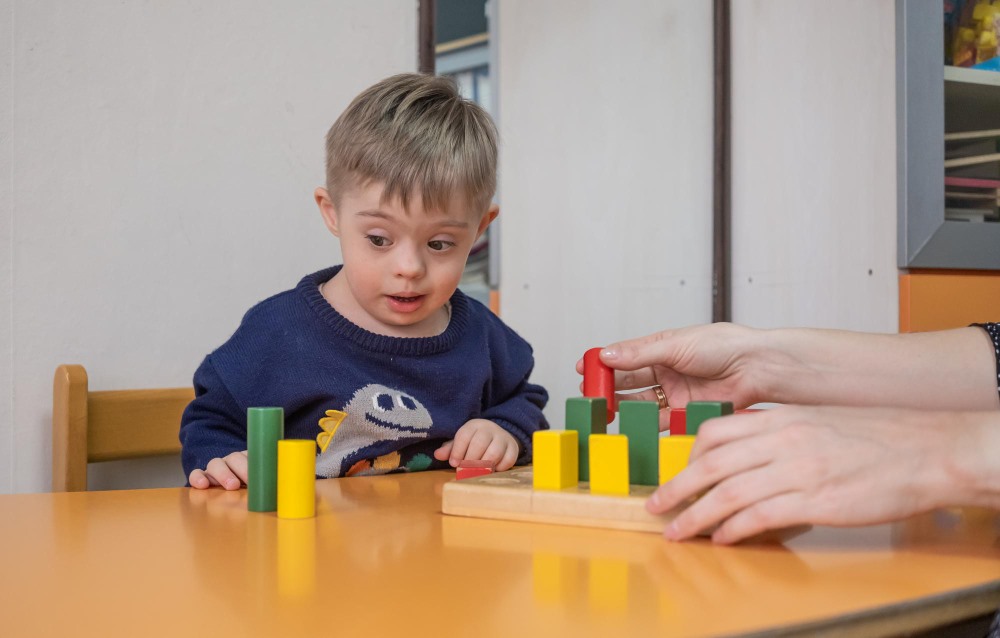Although autism is the result of a neurologic abnormality, the cause of these problems with the nervous system is unknown in most cases. Research findings indicate a strong genetic component. Most likely, environmental, immunologic, and metabolic factors also influence the development of the disorder.
- There is probably no single gene or genetic defect that is responsible for autism. Researchers suspect that there are a number of different genes that, when combined together, increase the risk of getting autism. In families with one child with autism, the risk of having another child with autism is 3-8%. The concordance of autism in monozygotic twins is 30%. A number of studies have found that first-degree relatives of children with autism also have an increased risk of autism spectrum disorders.
- In some children, autism is linked to an underlying medical condition. Examples include metabolic disorders (untreated phenylketonuria [PKU]), congenital infections (rubella, cytomegalovirus [CMV], toxoplasmosis), genetic disorders (fragile X syndrome, tuberous sclerosis), developmental brain abnormalities (microcephaly, macrocephaly, cerebral dysgenesis), and neurologic disorders acquired after birth ( lead encephalopathy, bacterial meningitis). These medical disorders alone do not cause autism as most children with these conditions do not have autism.
- Environmental factors and exposures may interact with genetic factors to cause an increased risk of autism in some families.
Over time, many different theories have been proposed about what causes autism. Some of these theories are no longer accepted, however.
- Emotional trauma: Some believed that emotional trauma at an early age, especially bad parenting, was to blame. This theory has been rejected.
- Vaccines: Although the mercury preservative used in some vaccines is known to be neurotoxic, the most recent research on this subject does not suggest a specific link between vaccines and autism.
Source : e-medicine health online magazine




